Curious Reads: Loving Our Fat Neighbors (Or Not)
How American Christianity has exacerbated anti-fat bias.
Hello friend, Liz here.
For the newbies among us: Every other week, I write an essay about how I am seeking to practice curiosity and empathy in my own life (“the empathy list”).
Then, on the off-week, I share a curated list of essays worth reading (“curious reads”). I try to pick essays for you from publications that offer a few free essays per month (as in, ahem, incognito mode will work…).
Out of the 6 or so stories I share, I pick one to explore in greater depth—the “top of the fold” story. This deep dive is meant to challenge you in your practice of authentic, healthy faith in Jesus by offering a practical opportunity to learn about and feel more deeply for those around us—especially those who are different from us. Enjoy!
Top of the Fold
#1 This week’s story is about fatness at church—that is, about the Christian church and American culture’s assumption that God hates fatness, like they do.
But—PRAISE GOD—our biases are not God’s biases. Remember, when there’s no daylight between who we hate and who God hates, we likely have confused our own biases with God’s.
Rev. Anastasia E.B. Kidd, author of Fat Church: Claiming a Gospel of Fat Liberation, drives this point home in an interview everyone should read. (From her, I learned a new word: Orthorexia)
Read “God Loves Fat People As They Are. Can We?” by Greta Lapp Klassen at Sojourners
The Highlights
Greta Lapp Klassen, Sojourners: “You and other fat activists use the word “fat” as a neutral description of human bodies, just like short or tall. Why is reclaiming the word important to fat activists?”
Rev. Kidd: “Fat people are not failed thin people — they’re fat people. Claiming fatness as a permanent, immutable, and positive identity — just as one would claim any other sort of human identity marker — means that I can no more change the size of my body than I can the color of my skin.”
Sojo: “One of the things that makes your book so unique is that it outlines the history of anti-fatness in the church. What are some of the most interesting and important intersections between the church and anti-fatness?”
Rev. Kidd: “My first experience with the conflation of “righteous Christian [living]” with weight loss culture was Gwen Shamblin’s Weigh Down workshops in the 1990s. I was in high school. Shamblin had an empire based on the idea that to be fat was to be unfaithful, to be fat was to ruin your body’s temple. She made millions on this. And that was just assumed to be true in the culture of Christianity in which I grew up in.
“To lots of people throughout church history, [being] a pious and controlled person [meant denying] ourselves pleasure in whatever form it took. So, if the assumption of fatness is that overeating is what makes us fat, then being thin has a moral righteousness, even if that’s just the body structure your genetics gave you.
“Early American diet culture was very concerned with pure and holy living, defined through diet and exercise, because disease was thought of as a response to sin; anything that was unhealthy in your body was your fault or the fault of your ancestors, and God was punishing you for that. That led to terrible things being done to anybody who had a non-normative body and continues to inform the rampant individualism that is behind the idea that we can bootstrap ourselves into a whole other body size or shape.”
“Repentance is the backbone of diet culture. Food moralism, the idea that there are good or bad foods, and that we’re righteous if we eat an apple and we have to repent for eating a hamburger, either through shame or actually doing something to ‘work off’ the ’sin’ of whatever we’ve done.”
Sojo: “You offer up a different version of Christianity: fat church. What does that mean to you and to the people who are part of your community?”
Rev. Kidd: “To me, [fat church] is …true body liberation would be the end of discrimination against anybody, for any reason. True body liberation would be the end of discrimination against anybody, for any reason. So body liberation in full would necessitate the end of white supremacy, the end of policing, the end of patriarchy, of usury, capitalism, structural class hierarchies, and all these other systems of violence that we have in society. Body liberation… means accommodation [of different body sizes and abilities], which means collective care, which means believing in the diversity of God’s creation as a good thing.”
Reflection: Christians Believe Thin = Godly
I recently experienced anti-fat bias at the pediatrician. I took my kids for their once-yearly physical, and during the assessment, their doctor (note: their doctor, not my doctor) asked me whether I’d received any new diagnoses lately—such as obesity? she asked. Her question took me off guard, and later, I confronted her about it. Why did you ask me that? Because I’m fat? What does that have to do with my string-bean, middle-of-the-road healthy children?
The doctor hedged—no, of course, she hadn’t asked because of how I look. She has to ask. She asks everyone that question. (Need I tell you that I had to stop myself from rolling my eyes when she said that? Of COURSE she doesn’t ask everyone that question, that’s absurd.) Even if your kids are obviously active, she claimed, even if they are and always have been in a healthy weight/height range for their entire lives (and the 9 years we’d been receiving check-ups at this doctor’s office), even if she had no reason whatsoever to believe that my kids would necessarily have their own weight issues based on the data… she still needed to ask me, their caregiver, about my diagnoses.
(Please read the entire thread about my fatphobic experience with my kids’ pediatrician before commenting about it. It’s a doozy of a thread.)
On the surface, this story of anti-fat bias I experienced is unrelated to Christianity, per se. Yet it reveals the codependency most Americans feel toward “fixing” fat bodies. Medical practitioners often provide particularly egregious examples of this compulsion, but the American Christian church is not far behind.
For example: did you know that the International Board of Missions for the SBC considers candidates with a BMI over 33 to be unfit for missions work? And this is a CURRENT standard, by the way.1 Meaning that if a person with a higher BMI applies to be a missionary abroad, they will be denied out of hand because of this one number.
And the SBC isn’t the only prominent Christian organization or person to be suspicious of fat people.
On twitter recently, Dave Ramsey compared individual financial problems to fatness: “We live on the junk food of finance, and we’re financially obese as a culture.” (I won’t link to it, but his team posted the clip on 9:54AM on August 1, 2024.) The implication is that obesity = broke = immoral, out of control, bad.
Famously, Mark Driscoll “refused to promote an overweight elder because Driscoll said his ‘fat ass’ would tarnish Mars Hill’s image,” as reported by the Seattle Times).
And if you Google any combination of “obesity” + “Christians,” the algorithm helpfully suggests the related search question, “Is obesity a sin?”
The volume of Christian diet books confirms our cultural obsession: there’s The Holy Diet, The Maker’s Diet, The Eden Diet, The Diet Bible, The Daniel Fast, Eating As in Heaven, Kingdom Fit Moms, What Would Jesus Eat?, Grace-Filled Plates, Take Back Your Temple, Weigh Down (see above), and the classic “Help Lord—the Devil Wants Me Fat!”
If the devil wants Christians to be fat, then what does that say about fatness?
Christians who buy into this anti-fat bias equate gluttony, a lack of self control, and a love of something other than Jesus (food/body idolatry) with fatness. Fatness is an addiction, a sin, and reveals in our bodies the depths of our own depravity. (Oof, to be clear, these are bullshit.)
Generally, these beliefs come with no nuance because they’re often not explicitly stated at church. Many Christians will not vocally condemn fatness, so their disdain can be seen in unspoken biases revealed in the unconscious treatment of fat people. (For example, are church leaders willing to provide seating without armrests so that fat people can come to church without worrying about not fitting within the provided seats? Are there any fat people in leadership at your church? How do preachers talk about differently-sized bodies from the podium, and what metaphors do they use to describe sin?)
Online, when Christians have spoken their anti-fat biases out loud, they have referred to Jesus’s body, as if his is the model body for humanity as a whole—after all, Jesus is God in a body. Since Jesus was a carpenter (physically capable and perhaps even ripped), and he ate a mediterranean diet, he was probably slim. According to these Christians, the godliest body, then, is male, strong and able enough to do a physical trade, and fed by a fish and vegetable-heavy diet (See What Would Jesus Eat?). Then again, if Jesus is the perfect version of a human body, then female bodies, once again, fall outside of the norms of godliness. And so do sick and disabled/differently-abled/neurodivergent bodies. Is that the side we want to stand on? Is that the side Jesus stands on?
Another verse thrown into the faces of fat people comes in Paul’s letters when the apostle compares the journey of faith to running a marathon—which, because the Bible mentioned it, means we should all be able to run marathons or we’re doing faith wrong. *rolls eyes*
A couple of things worth noting, in response to the anti-fat bias of American Christianity:
1) So much of the discourse around bodies and diets assumes that bodies are static—or at least, that they should be. But as any female, sick, or person over the age of 40 will tell you, that’s just not true, nor is that assumption reasonable.
Bodies change constantly throughout our lives. Jesus’s body changed, too. Jesus was scarred in his resurrected, perfected body because of his gruesome death by crucifixion, a fact that leads disability theologian Nancy Eisland to assume that our after-death bodies will not necessarily be “healthy and whole” in the way we might assume, and that Jesus, in fact, is our disabled God. (Buy this book. It’s a keeper.)
Aside from the ideal of unchanging bodies being exceptionally ableist and ageist, anti-fat bias in our faith communities means we’re also disregarding God’s frequent and clear words throughout the Scriptures about God’s view of our bodies: first, all humans are created in God’s own likeness (no exclusions); second, bodily appearance is by no means the measure God uses to judge God’s own followers; third, a hot and healthy bod does not equal God’s favor, according to God, because Jesus did not look so great.
Compared to the squishy verses that Christian diet leaders take out of context to build entire ministries, it’s hard to escape a word like, “Don’t be impressed by… appearance. God does not view things as people do. People look at the outward appearance, but the Lord looks at the heart.” (1 Samuel 16:7, NET)
Or this one, a prophecy that describes Jesus’s body:
“He had no form or majesty that we should look at him,
nothing in his appearance that we should desire him.
He was despised and rejected by others;
…and as one from whom others hide their faces [or one who hides his face from others,]
he was despised, and we held him of no account.” (Isaiah 53:2-3, NRSVUE)
Because this principle of God’s indiscriminate love—regardless of appearance or ability—is repeated over and over throughout the Bible, including its application to Jesus Himself, it is reasonable to generalize this idea to us, too.
That said, EVEN IF fatness were a sin—let’s play that game for a second—it would never disqualify anyone from ministry because those who God called to ministry WERE NEVER QUALIFIED (take, for example, Moses, David, Paul, and EVERY ONE of Jesus’s 12 disciples…). It would never ever count a person out from receiving the grace, love, favor, and welcome of God because the imago dei is applied indiscriminately to humankind, meaning we all image God (EVEN THOSE OF US IN NON-NORMATIVE BODS, CHAD).
And EVEN IF fatness were a sin, it would never justify the shaming, bullying, condescension, dehumanization, and discrimination that fat people so often experience within the walls of the church (or on Christian twitter). The cruelty so often inflicted upon fat bodies demonstrates the same lack of self-control that fat people are so often accused of, which I believe is the very definition of seeing a speck in your neighbor’s eye while missing the log hanging out of your own eye socket.
I admit, I feel fiery about this issue because I myself have experienced cruel judgment about my body from those who claim to belong to Christ. And it’s straight horseshit to pretend their comments come from a place of care. Nope, it originates from a desire to control. That, and a delusional, hypocritical sense of superiority. Which is another way of saying pride.
Yet so often, those with the harshest judgments toward others extend the same cruel judgments to themselves, believing God to be a harsh master. What comes out of Chad’s mouth reveals more about his view of his own body than it reveals his thoughts about mine. So, even Chad deserves the abundant grace and mercy of God.
All this is a long walk to a simple message: let’s watch ourselves, lest we stumble as we point out the extra weight on our sister’s hips. Let us walk carefully, humbly, and graciously toward each body we meet because each body has been tenderly crafted by our Creator. We are all dust, and we are also the mirror of Divinity. So, whenever you and I care for a body other than our own, Jesus says you are caring for Him, Him in them, because they are the mirror image of Him.
Thanks for reading. Warmly, Liz Charlotte Grant
Discussion: How have reckoned with your own changing body and/or the changing bodies of those around you? How could you show more tenderness to your own body this week? How can you celebrate the imago dei in other bodies you encounter this week?
More Curious Reads
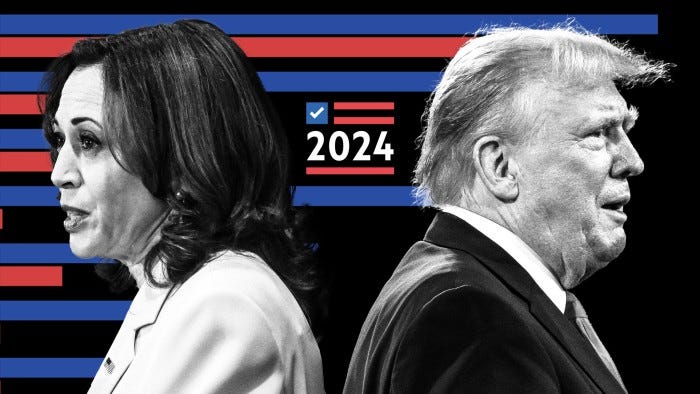
#2 Seven graphs to explain the state of the presidential race. —Vox
#3 In defense of ignorance. “The more you know, the more precisely you can say what you don’t.” —the New Yorker
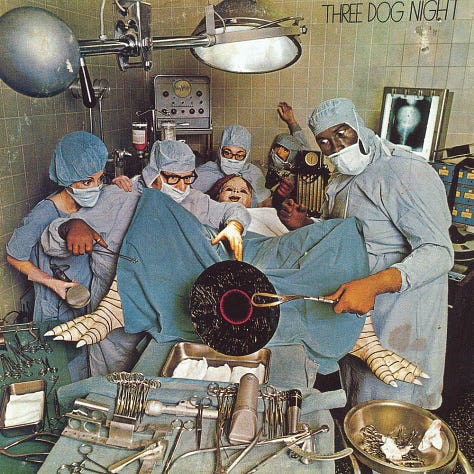
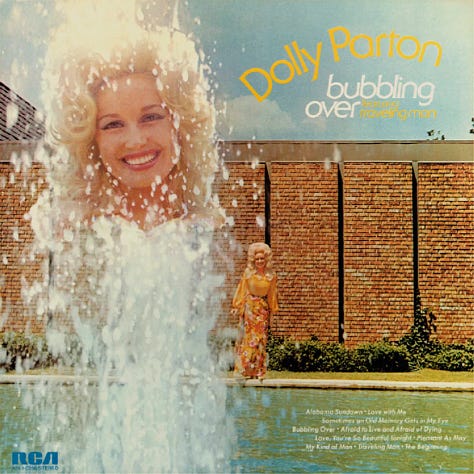
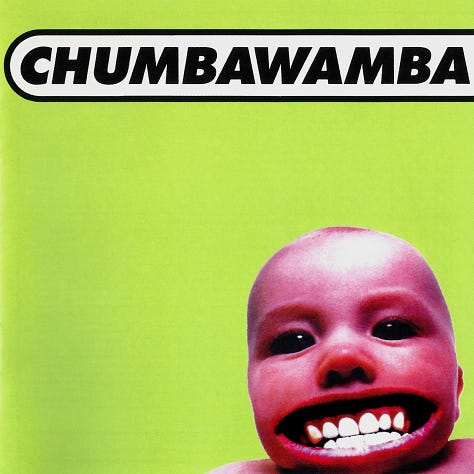

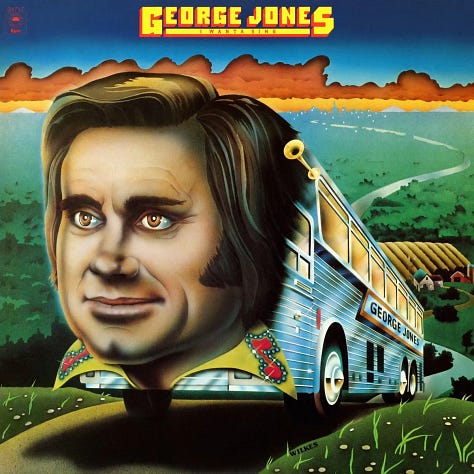
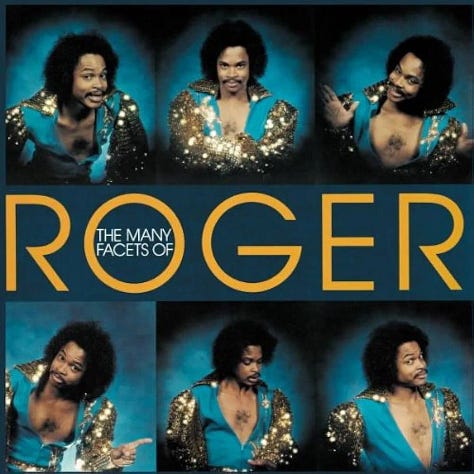
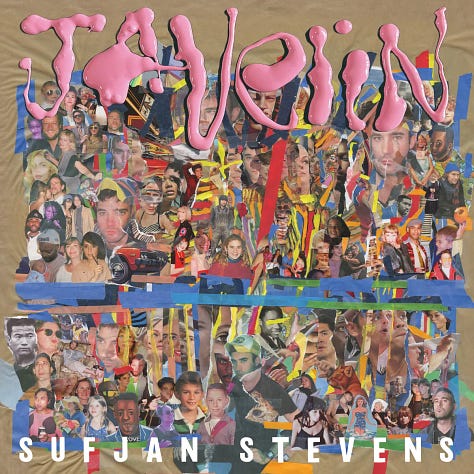
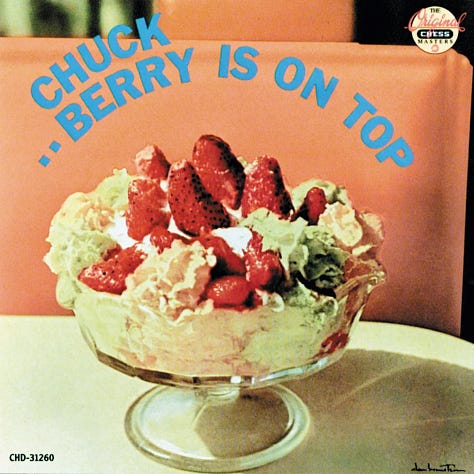
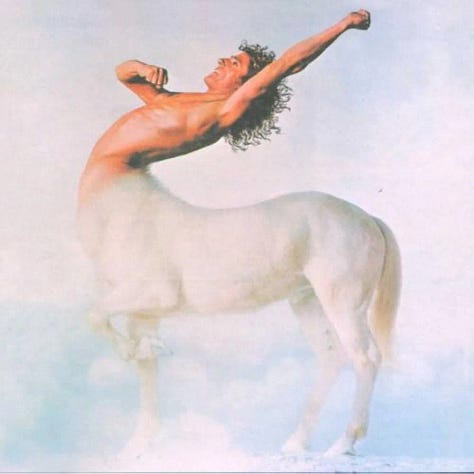
#4 The 50 worst album covers of all time? —Rolling Stone
#5 An American travels across Switzerland using only locals’ hand-drawn maps to guide him—no phone, no GPS, only the wobbly lines of strangers. (I’m still thinking about this story, even though I read it several weeks ago). —the New York Times
For the joy…
A comic that celebrates the joy and freedom of swimming while fat. —NYT
Note that the SBC mission’s board does not explain why they’ve instituted this qualification about BMI. Because they do not explain, I can only surmise that the IMB believes the reasons for adding this qualification to their list is self-evident, and that their assumptions match those of American culture generally about fat bodies. (Also you better believe that I emailed the IMB when I found this out because I have to find out everything about this. I have yet to hear back…)



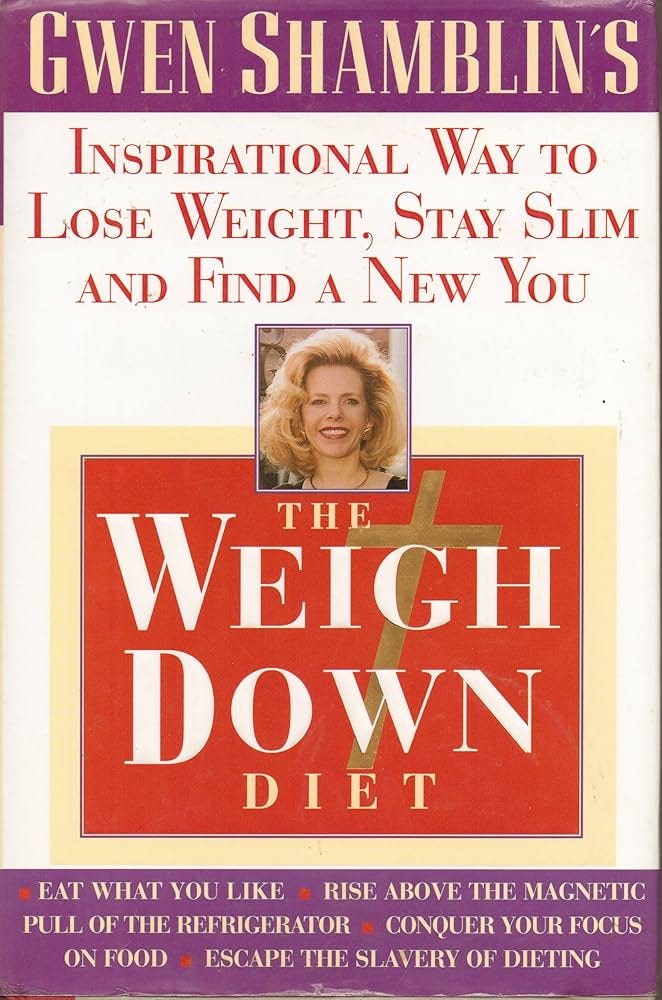
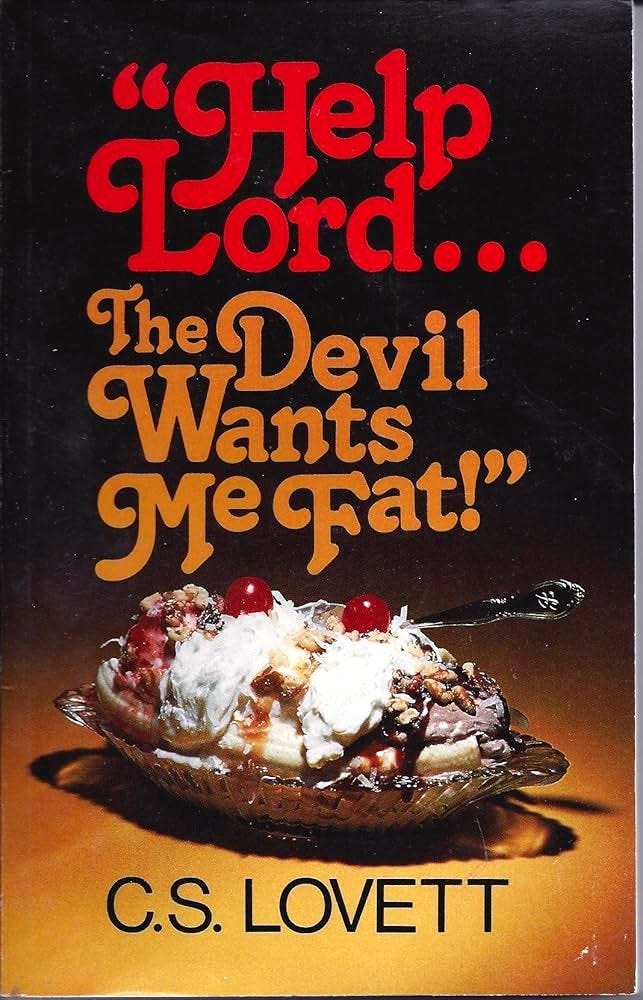
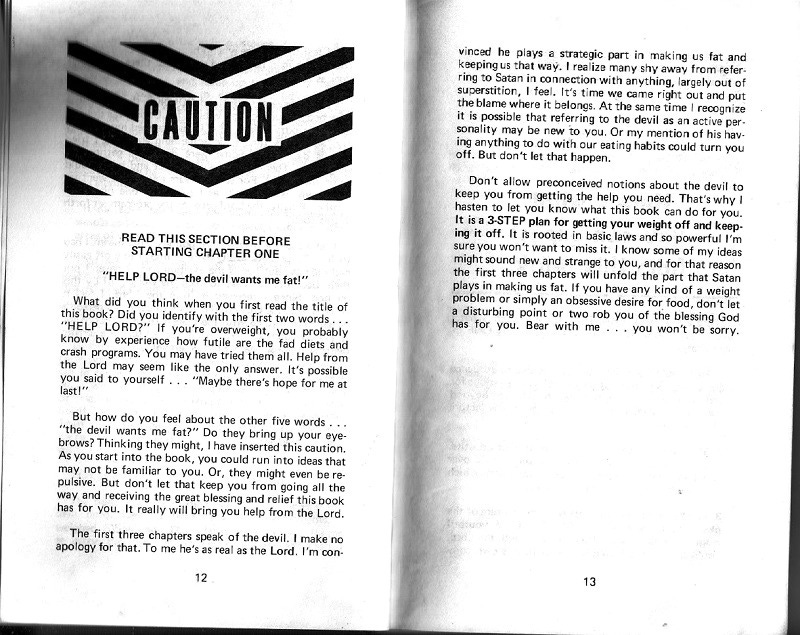

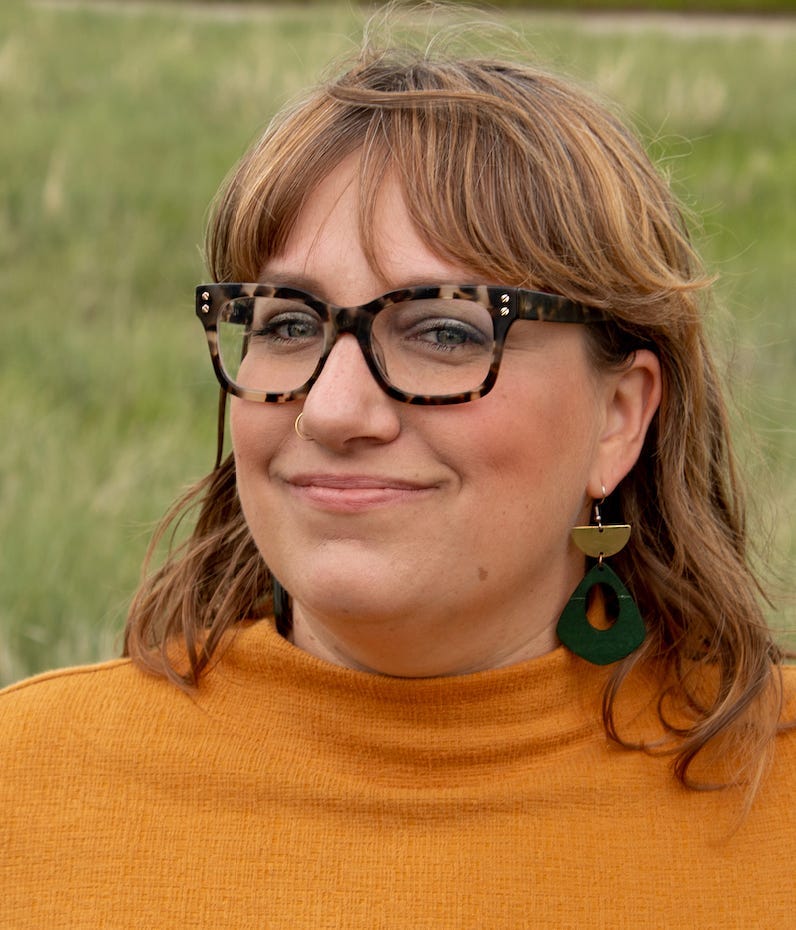


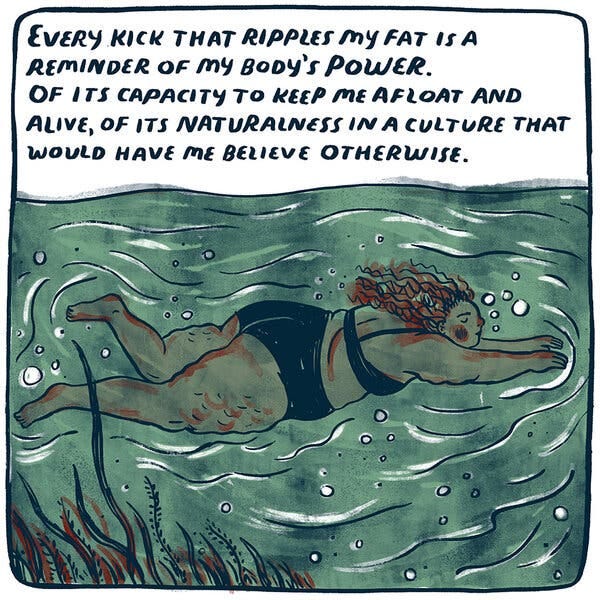
Whew! So good and thoughtful. I have been thinking about this recently as I view the extra pounds on my midlife body and how much shame I feel about that. I was convicted last week about the possibility that I harbor fat-phobia within me. I see how I treat one person in particular differently because of size and I don’t want this to be true of me 😩 Your words are helping me